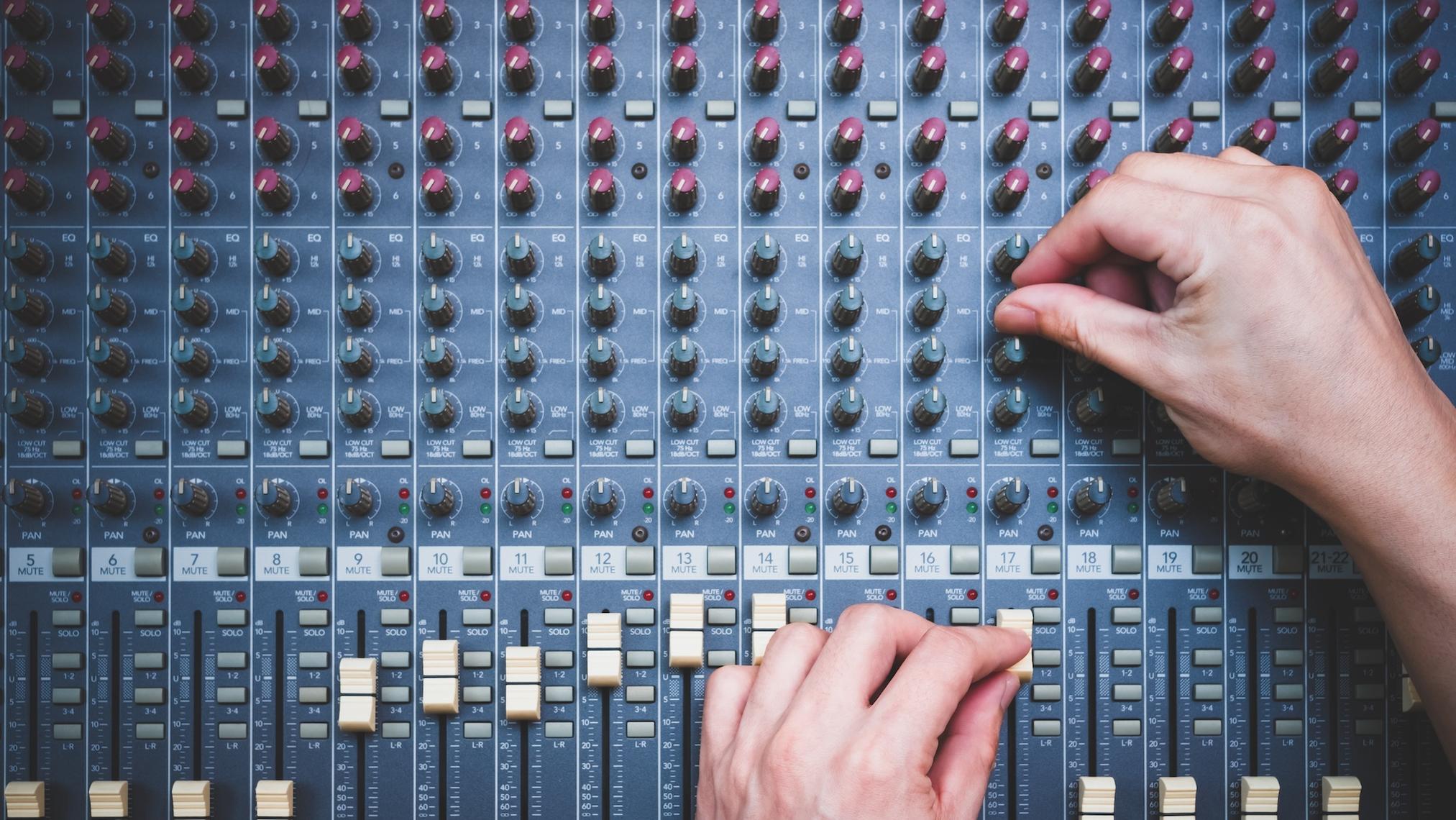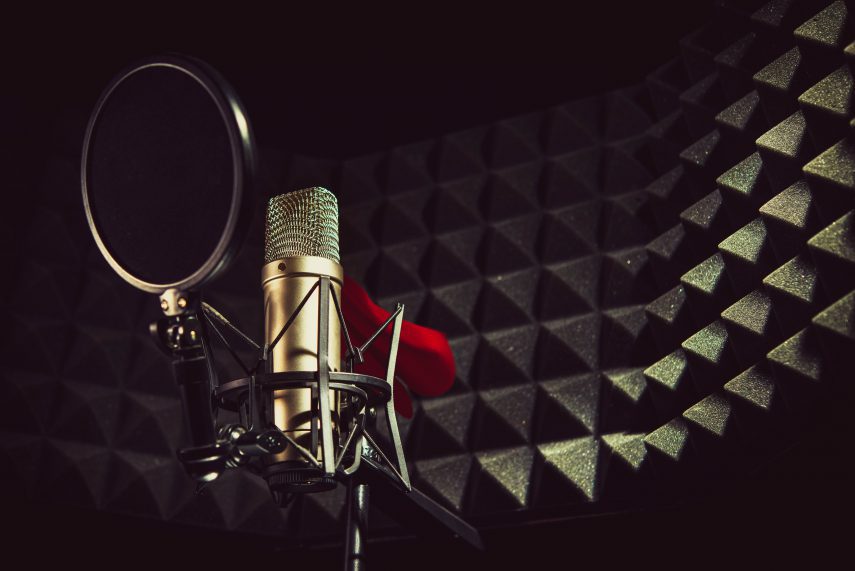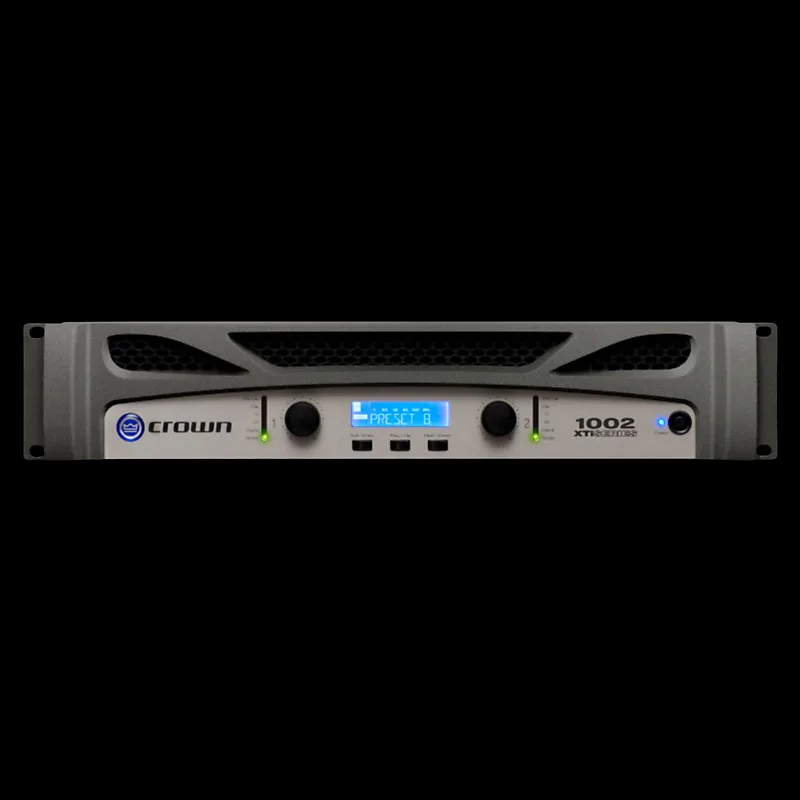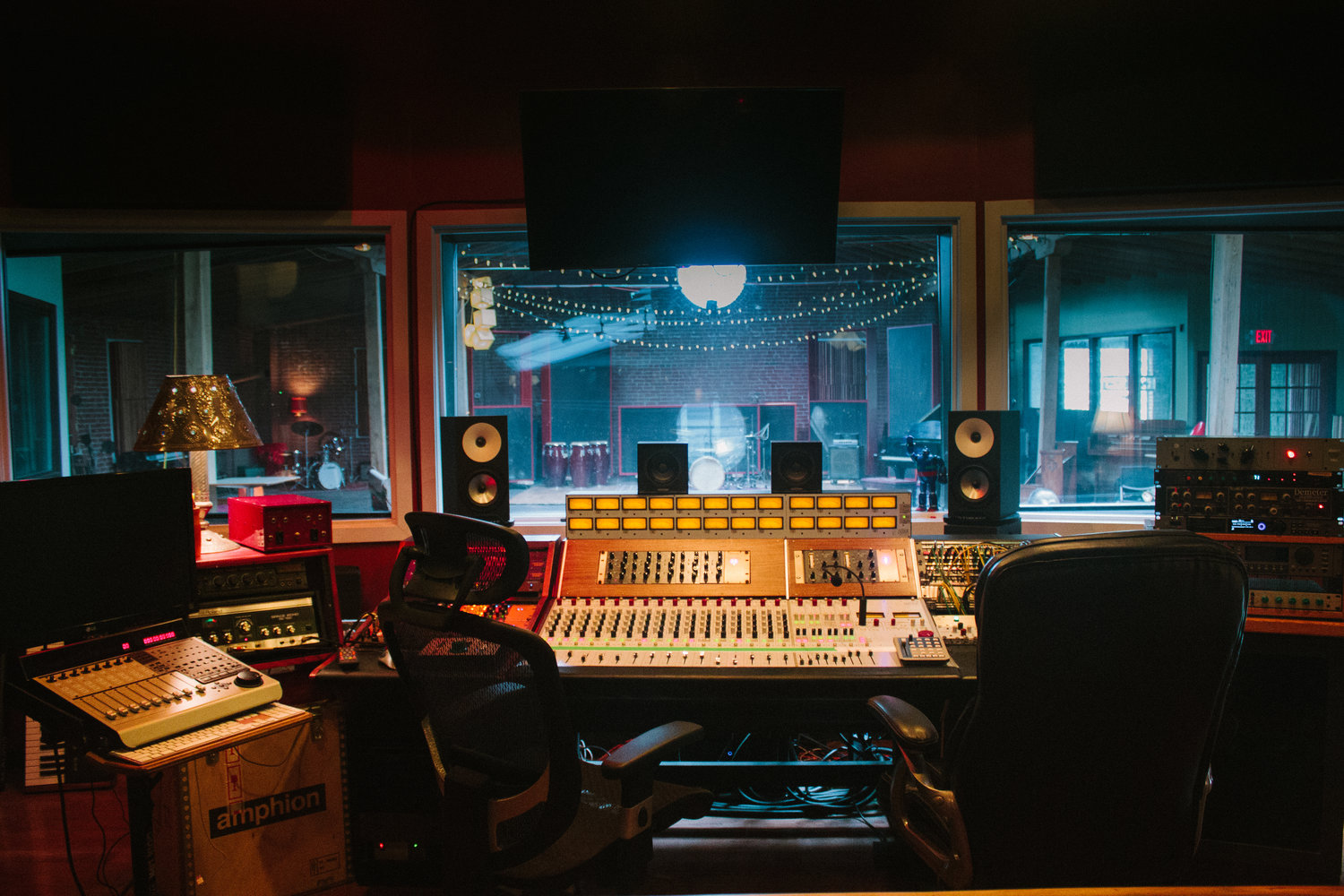Professional Audio Systems
Engineering Sound for Performance and Precision
Professional sound systems are the backbone of live shows, recording studios, broadcast facilities, and other professional environments, and pure sound quality, reliability, and versatility are essential. These systems are carefully designed to enhance musicians’ performance on stage or to produce perfect sound while capturing the nuances of sound in studio recordings. Let’s explore the key components and features that define a professional sound system::

Mixing Console
A mixing console, a sound mixer or soundboard serves as the central control centre for a professional sound system. It allows sound engineers to adjust levels, apply effects, and route audio signals from various sources, including microphones, instruments, and playback devices.

Microphones
A microphone is a vital transducer that converts sound waves into electrical signals. Professional sound systems use various microphones, including dynamic, condenser and ribbon microphones, each suitable for different applications such as vocals, instruments and ambient recording.

Amplifiers
Power amplifiers provide the necessary amplification to drive speakers and monitors, providing clean and undistorted audio signals at high volumes for live sound reinforcement and studio monitoring applications.

Speakers and Monitors
Professional-grade speakers and studio monitors are designed for accurate sound reproduction and critical listening. They come in a variety of configurations, including passive and active speakers, field monitors, and reference monitors, to suit the specific requirements of interpretation studios, live sound reinforcements, and broadcast facilities.
Types of Professional Audio Systems

Live Sound Reinforcement Systems
Live sound systems are installed in concert halls, theatres, stadiums, and other performance venues to enhance the sound of live performances for the audience. They usually consist of mixing consoles, amplifiers, speakers, and monitors to suit the specific requirements of each venue and event.

Recording Studio Systems
Recording studio systems are designed to capture, mix, and master audio recordings with the highest accuracy and fidelity. They include high-quality microphones, preamplifiers, mixing consoles, studio monitors, and signal processors optimized for the unique acoustics and workflow of recording studios.
Installation and Integration
- Professional audio systems require careful planning, installation, and integration to ensure optimal performance and reliability. This includes considerations such as room acoustics, speaker placement, cable routing, and equipment configuration based on each program’s specific requirements.
- Experienced sound engineers and system integrators work closely with clients to design, build and calibrate professional sound systems, maximizing sound quality, coverage and performance while meeting budget and time constraints.
Applications and Industries
- Professional sound systems find applications in many industries including music production, live broadcasting, broadcast media, public events, education and places of worship.
- From recording studios and concert halls to sports stadiums and conference centers, professional sound systems play an important role in providing immersive audio experiences and effective communication in a variety of environments.
